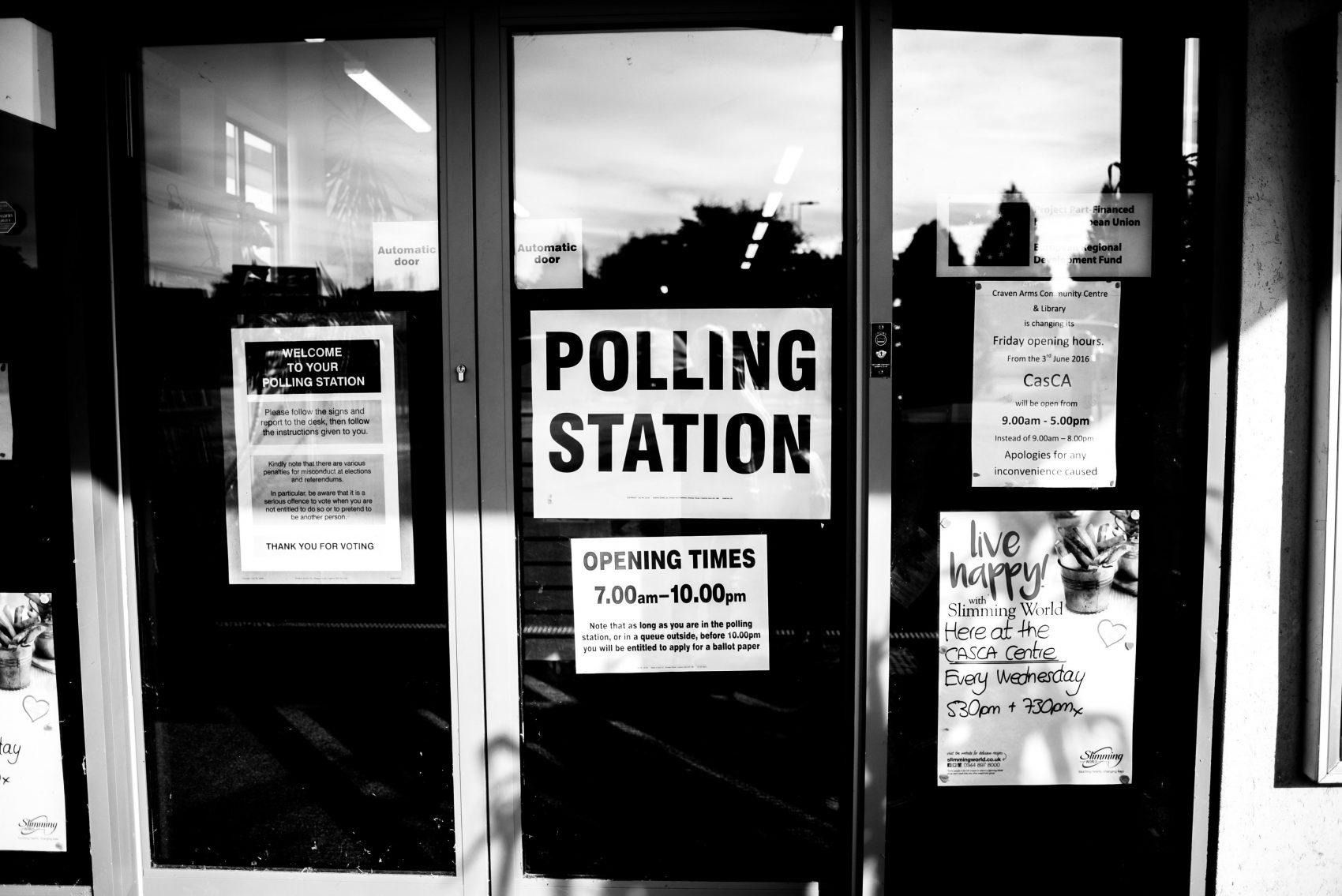Words by Jesse Burns
There’s no doubt, politics is polarising. You’re either red or blue, elephant or donkey or maybe that one Green voter in your family everyone laughs at. As far as choosing a party preference is concerned, it can be pretty straightforward.
But why do we vote the way we do?
Like much of our identity, political alignment is shaped largely by our upbringing and those closest to us. Predictably, those who are brought up in a left-leaning household (a progressive ideology) will tend to vote for parties consistent with this ideology.
Typically, those in their youth are more inclined to vote towards the left side of politics. As they grow older, there seems to be a slight shift to a more central or right-leaning point of view. This change in partisanship relates to what I like to call the three stages of political life: optimistic, realistic and lastly, pessimistic. When this is manifested in party preference (and you may not agree), you start as a Greens voter, then shift slightly towards Labor, to inevitably joining the Liberals.
A poll conducted prior to the 2016 Australian election exemplified how political identity changes with age. For voters in the 18-24 age bracket, Labor and the Greens held 65 per cent of the overall vote, compared to just 25 per cent for the Liberals. In the 55-year-old plus bracket, the poll showed Greens and Labor had only 39 per cent of the vote with the Liberal and National parties leading on 52 per cent. This trend can also be seen across the globe, in particular, through the Brexit referendum held in the United Kingdom. In this case, the results unmistakably showed older generations were more inclined to vote conservatively.
While upbringing and our immediate environment play a fundamental role in which party or what candidate we vote for, research suggests there are other key factors as to why people vote the way we do.
A 2014 study conducted in the United States showed that individuals tend to stick with the political party they first identified with as an 18-year-old. In this analysis, economists Ethan Kaplan and Sharun Mukand compared the political allegiances of Californians who turned 18 prior to and just after the 9/11 attacks. These attacks, unsurprisingly, caused a colossal national shift to the right. The study found voters with birthdays in September (after the attacks) were more likely to register as Republicans than voters with birthdays in August (preceding the attacks). These voters then continued to register as Republicans in 2006 and 2008.
I too shared this experience, when it was finally my turn to vote in the 2013 federal election. At that time, there seemed to be a significant shift towards the right among Australians, young and old. This was mainly due to the ruinous situation Labor had found itself in, with their leadership turmoil. First, it was Rudd, then it was Gillard, then it was Rudd. It was nauseating. As a result, many of those around me, by default, voted for Tony Abbott. This decision seemingly set the tone for every election since. A number of friends have recently confirmed to me that they have only voted Liberal since voting for the first time in 2013. All of them, for no real reason, have continued to blindly vote in this vein—despite reasons to vote otherwise.
Dominic Kelly, who completed a PhD in politics in 2017, emphasises the importance of class and its role in influencing the way we vote. Kelly suggests that while it may be easy to break away from family on an ideological level, individuals are less likely to break away from their class.
“It’s a lot simpler to reject your family’s values and beliefs than it is to reject your class background,” Kelly tells me. “Your class background and level of wealth tends to stay with you—ultimately affecting how you vote.”
I couldn’t agree more with Kelly’s views. Typically, those with more money tend to vote Liberal (or other conservative parties) in an effort to protect their wealth. And, as Kelly suggests, the tendency for individuals to stay within their class becomes a defining criterion for the party they choose. Among the reasons I have listed for why we choose to identify with certain parties, there are plenty more. Our political identity and identity at large is multi-faceted.
For those who are yet to vote in an election and are still undecided about which party or candidate they should declare their allegiance to, I say be critical. Line up your values alongside our parties and simply see which one matches the most. You’re never going to agree with every value, decision or policy they campaign on, but that’s the beauty of a democracy. You have the power to challenge parties and make them, along with Australian society, better for everyone.


